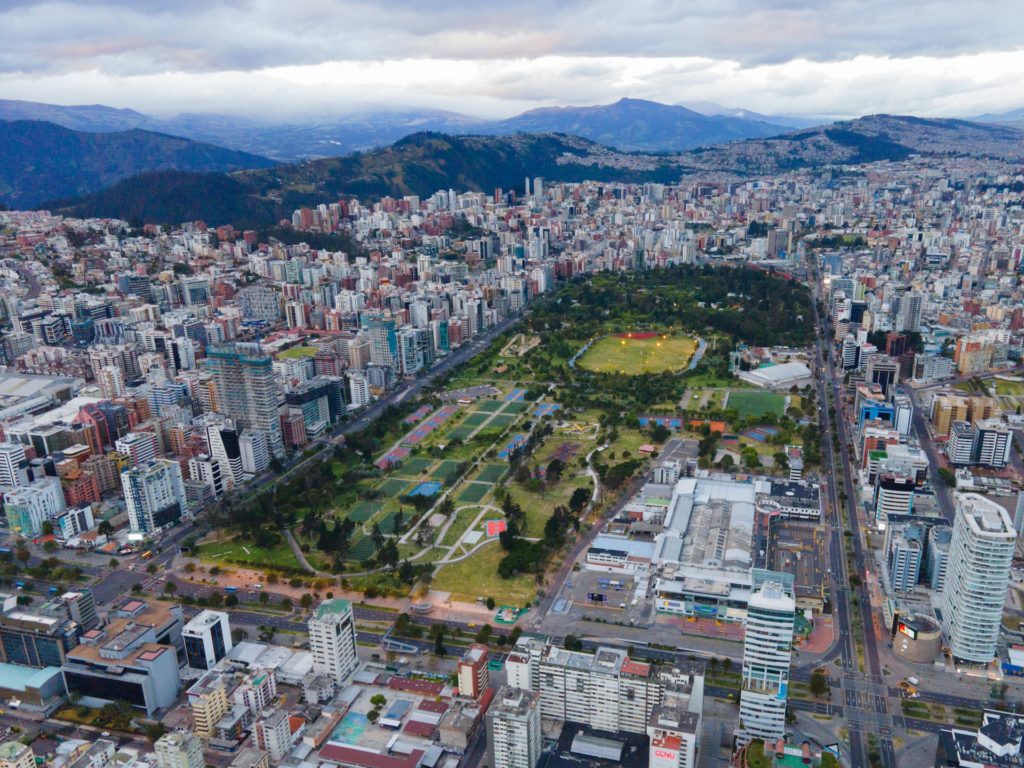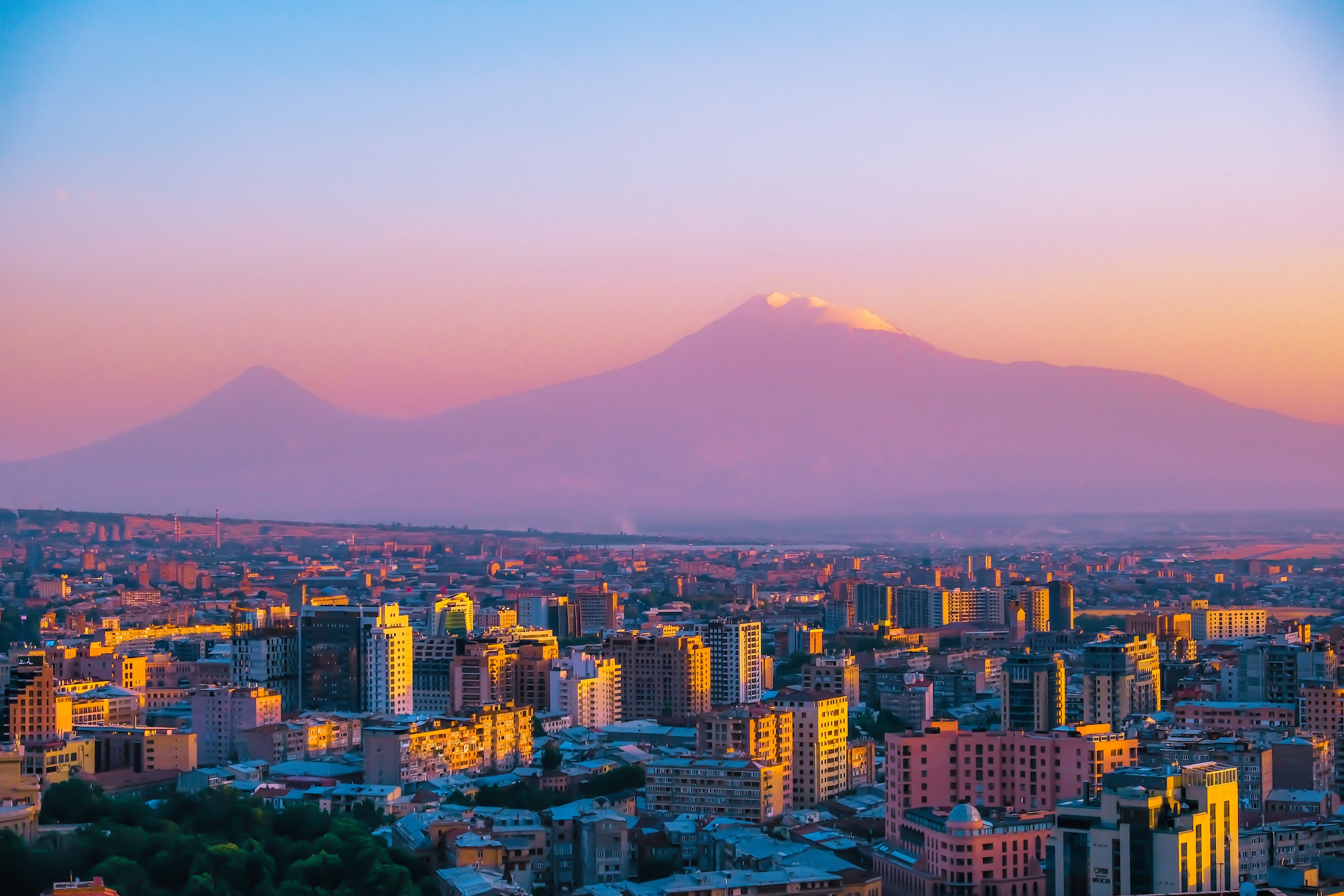Ecuador is a small country in the northwestern region of South America sharing borders with Peru and Columbia. The diverse population of Ecuador is comprised of indigenous tribes, aboriginals, and other communities. Each stratum of the population showcases its own distinct set of traditions, culture, and beliefs, harmoniously braided into a society.
The economy of Ecuador relies on the export of oil, agricultural products such as bananas, and tourism. The country has an incredible biodiversity including islands, rainforests, and mountains. The total population of Ecuador is around 17 million people and the official language is Spanish. The capital of Ecuador is Quito.

Type of business structures in Ecuador
Ecuador is a growing economy. In recent years, measures have been taken to diversify the economy by reducing reliance on the country’s natural resources. Foreign investors are encouraged to invest in manufacturing, the financial sector, textile, and other areas, through consistent policies and favorable tax regimes.
There are a number of options available to the investors in terms of company formation as discussed here.
| S# | Type of company | Local name | Min. paid-up capital required |
| 1. | Sole Proprietorship | Empresario Individual | No paid-up capital required |
| 2. | Limited Liability Company | Sociedad de Responsabilidad Limitada (SRL) | $400 |
| 3. | Corporation | Sociedad Anónima – S.A. | $800 |
| 4. | Partnership | Sociedad en Comandita Simple – SCS | No paid-up capital required |
Sole Proprietorship
A single person owns and manages a sole proprietary business. This business format is preferred by retailers, freelancers, and skilled people who do not have large investments.
Limited Liability Company
An LLC is a legal person that assumes all the liabilities arising from the business, thus freeing the owners from such responsibilities. Small and medium enterprises often choose LLCs over other formats as their personal assets are safeguarded in the event of bankruptcy or loss.
Corporation
A corporation in Ecuador is the most complex business structure usually chosen by large enterprises. The incorporation, structure, and operation of a corporation require compliance with several regulations and laws. It is also obligated to call an annual meeting of its members, publish financial statements of the company, inform prior to making changes to the management, etc.
Partnership
Two or more natural persons are required to form a partnership business. A partnership can be general, where all partners are equally responsible for liabilities. Or a limited partnership, where the partners designated as limited are only liable to the extent of their share in the business.
Costs involved in registering a company in Ecuador
Companies incur various costs during the registration process in Ecuador pertaining to state and local formalities. These costs vary depending on the size, location, and nature of the business.
Here are some costs that prudent investors shall budget in a timely fashion:
Legal fees
The legal fees charged by an attorney or accountant to handle the registration and incorporation process can vary widely, depending on the complexity of the work involved. Generally, one should expect to pay between $1,000 and $3,000 for legal fees.
Government fees
The fees charged by the government to register and incorporate a company in Ecuador are relatively low. The cost of registration and incorporation ranges between $100 and $200.
Miscellaneous fees
There may be additional fees associated with incorporating and registering a company, such as notary fees, translation fees, and publication fees. These fees are usually minimal and can range between $50 and $200.
Overall, the cost of registering and incorporating a company in Ecuador can range between $1,200 and $3,400, depending on the type of business entity and the legal work involved.
Cost of doing business in Ecuador
Certain costs that a company incurs during normal operations are referred to as operational expenditures. These expenses are recurring and a company should be prepared to bear these.
Some expenses that companies are most likely to encounter are discussed here:
Labor costs
Labor costs in Ecuador are relatively low compared to other countries. The minimum wage in Ecuador is currently $400 per month. However, wages can vary depending on the industry, job type, and location.
Taxes
Ecuador has a relatively high tax burden, with a corporate income tax rate of 22%. Additionally, businesses may be subject to a value-added tax (VAT) of 12%. There are also social security contributions and other taxes that businesses must pay.
Infrastructure
The cost and availability of infrastructure such as electricity, water, and internet connectivity can vary widely depending on the location. In some areas, infrastructure may be inadequate or unreliable, which can increase costs for businesses.
Property rental
The cost of real estate can vary widely depending on the location and the type of property. Generally, the cost of commercial real estate is lower in smaller cities and rural areas than in major metropolitan areas like Quito and Guayaquil.
Permits & licenses
Businesses in Ecuador are required to obtain various permits and licenses to operate legally. The cost of these permits and licenses can vary depending on the type of business and the location.
Benefits of registering a company in Ecuador
Investors who wish to venture into the South American or nearby markets are better off having a company in Ecuador rather than operating from their home countries. The benefits companies may enjoy in Ecuador are not limited to the state policies and tax regime.
Here are a few benefits of operating from Ecuador
Strategic location
Ecuador is strategically located in the center of the Americas, making it an ideal location for businesses looking to expand into North, Central, or South America.
Favorable business climate
The Ecuadorian government has made significant efforts to attract foreign investment and has implemented policies to promote economic growth and development. Additionally, Ecuador has signed several free trade agreements with other countries, making it easier for businesses to trade with partners worldwide.
Abundant natural resources
Ecuador has abundant natural resources, including oil, gas, minerals, and agriculture, making it an attractive location for businesses in these industries.
Low Cost of Labor
Labor costs in Ecuador are relatively low compared to other countries, making it an attractive location for businesses looking to reduce their labor costs.
Growing market
The Ecuadorian market is growing, with a population of over 17 million people and a growing middle class. This provides opportunities for businesses to tap into a growing consumer market.
Easy business formation
The process of registering and incorporating a company in Ecuador is relatively straightforward and can be completed quickly. Additionally, the cost of doing business in Ecuador is relatively low compared to other countries.







